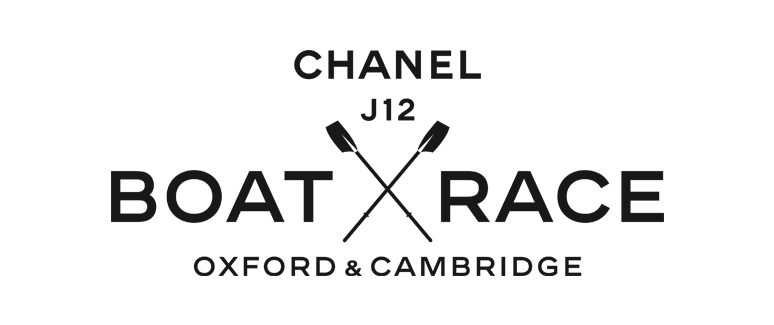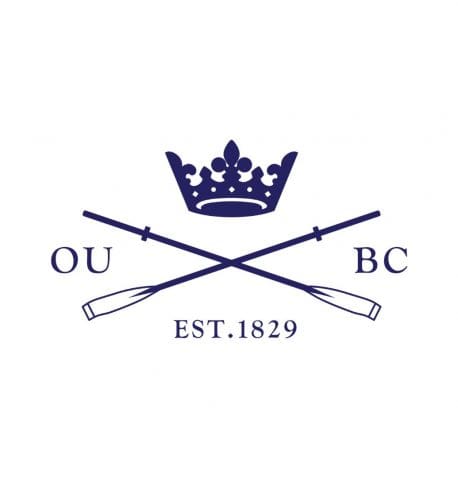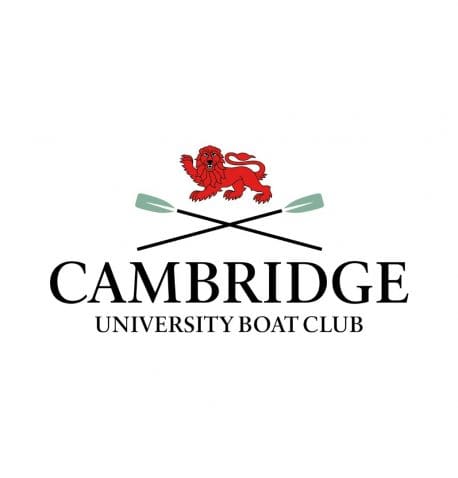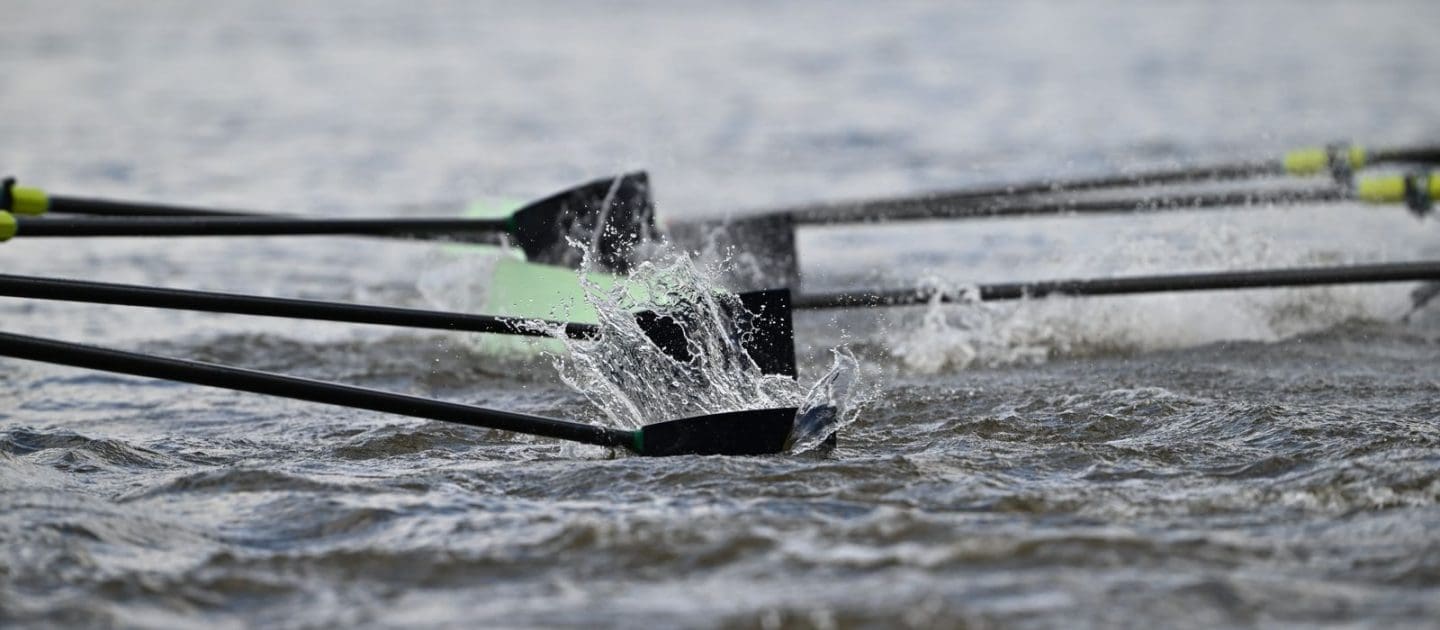Words: Mark Taylor
Records are there to be broken, so goes the saying, and there is a plethora up for grabs every year in The Boat Races.
They can be collective or individual, in the men’s or women’s races, and in the overall series of tussles between the two universities of Oxford and Cambridge, and in every one of the current numbers of note, there are tales to be told.
The headline figures provide the most obvious places to start.
In the nearly 100 years of the Women’s Boat Race, Cambridge currently lead the way with 48 wins, which compares to Oxford’s 30. It is the Light Blues that also have the edge in the nearly 200 years of the Men’s Boat Race, with 88 successes compared to Oxford’s 81.
Dig a little bit deeper, and perhaps the hallmark of both of those leads for Cambridge come through the longest winning runs.
The Light Blues built up the most consecutive victories in the men’s race from 1924 to 1936, when they won 13 in a row.
It is a similar run for Cambridge in the women’s race, but over a longer period. Between 1952 and 1975, they won 13 races, but from 1952 until 1964, there were no races.
In 1953 the Oxford crew went over a weir on the Isis during training the day before the race and, as a result, were banned from the river. Funding evaporated to leave both women’s clubs struggling, and there was to be no more women’s races for 10 years. When they returned, it led to Cambridge winning every race from 1964 up to and including 1975.
According to official records, the biggest winning margin in the Men’s Boat Race was achieved by Cambridge way back in 1839, when they beat Oxford by 35 lengths.
It was the second race to be held on the River Thames, and was staged on a five-and-three-quarter-mile stretch between Westminster and Putney.
In the 10 years since the Women’s Boat Race has moved to the Championship Course on the Tideway, the greatest winning distance was achieved by Oxford in 2016.
The Dark Blues’ crew of Emma Lukasiewicz, Emma Spruce, Joanneke Jansen, Ruth Siddorn, Elo Luik, Anastasia Chitty, Maddy Badcott, Lauren Kedar and cox Morgan Baynham-Williams claimed a 24-length victory as Cambridge struggled in the daunting conditions on the Thames, and nearly sank.
Cambridge bounced back from that defeat in style, and have gone on to win every race since, and they have time that stands in the record books to be beaten.
The eight rowers, Adriana Perez Rotondo, Sarah Portsmouth, Paige Badenhorst, Ruby Tew, Bronya Sykes, Caoimhe Dempsey, Grace Prendergast and Imogen Grant, were guided by cox Jasper Parish to cover the course in 18min 22sec.
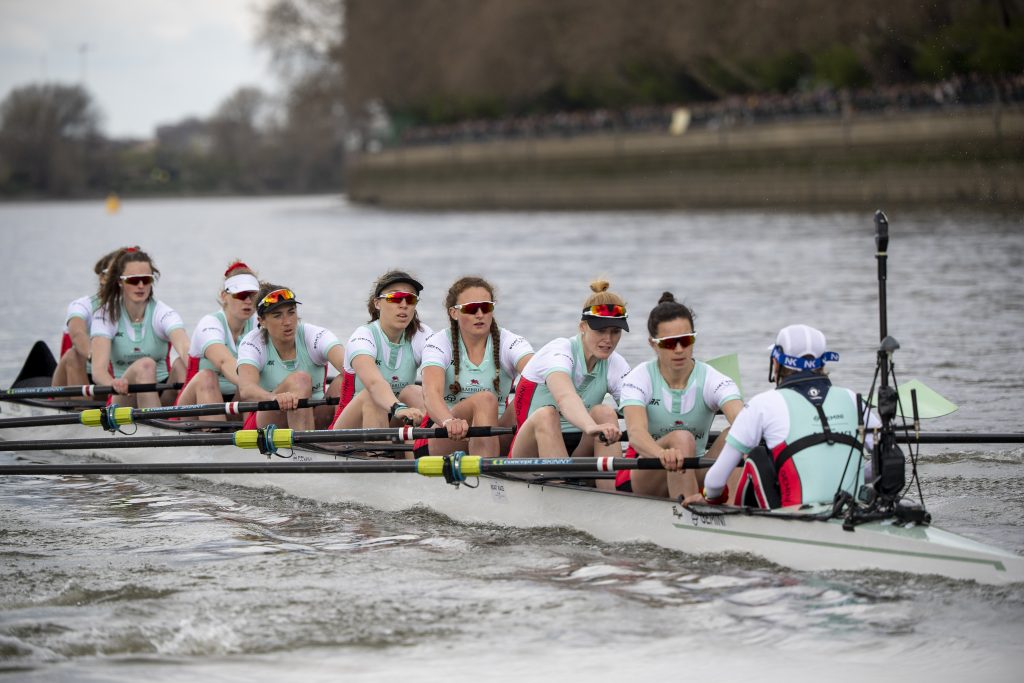
The men’s best time had been set 24 years previously, in 1998, by Cambridge.
Graham Smith, Paul Cunningham, Jonathan Bull, Brad Crombie, Toby Wallace, Alex Story, Stefan Forster and Marc Weber, coxed by Alastair Potts, made it from Putney to Mortlake in just 16min 19sec.
One of the men selected in Goldie on that day, in 1998, was a young Kieran West. He was a Blue in 1999, 2001, 2006 and 2007, giving him the record for the largest span between first and last Boat Races. Kieran went on to win Olympic gold in Sydney 2000.
A year after West achieved his Olympic gold, the Women’s Boat Race was rowed at Nottingham rather than its usual home of Henley-on-Thames. The 2001 Foot and Mouth Disease outbreak had closed footpaths across the country, so at the last minute the Light Blue and Dark Blue women headed north to Holme Pierrepoint, in the Midlands.
Cambridge went a length down, but fought their way back to win by just three feet – the closest margin to date.
Just two years later, what is widely acclaimed to be one of the closest, and greatest, men’s races of all time was in 2003.
There was drama before race day even arrived as in a training session two days earlier, the Cambridge boat was in collision with the harbour master’s vessel.
Wayne Pommen, the Cambridge bow, suffered a fractured wrist in the collision, and was replaced in the Blue Boat by Ben Smith, who would be up against his brother Matt, the Oxford president.
With James Livingston racing for Cambridge and his brother David in the Oxford crew, for the first time in Boat Race history, two pairs of brothers raced each other.
What was to come on the water was equally compelling.
Oxford, whose crew was John Adams, Basil Dixon, Sam McLennan, David Livingston, Robin Bourne-Taylor, Scott Frandsen, Henry Morris, Matt Smith and cox Acer Nethercott, were racing on the Middlesex station and took an early lead, which had been overhauled by the time the two crews reached Hammersmith Bridge.
However, Oxford retook the lead from the Cambridge crew of Ben Smith, Kris Coventry, Hugo Mallinson, Matthias Kleinz, Alex McGarel-Groves, Tom James, James Livingston, Tim Wooge and cox Jim Omartian on the approach to Barnes Bridge and held off the sprint finish of the Light Blues to win by one foot or 30cm, officially the closest winning margin in the race’s history.
It was the first time a crew had won the race with a deficit of more than a stone (6.4kg) per oarsman, but the scales were turned in 2009.
Oxford topped the weigh in at an average weight of 15st 9.25lb (99.6kg), which is the heaviest crew in the race, and they used that to their advantage to win by three-and-a-half lengths.
The heaviest individual oarsman in the history of the Men’s Boat Race is Cambridge’s Thorsten Engelmann, who weighed in at 17st 6.43lb (110.8kg) in 2007.
As for the tallest rower in Boat Race history, it is Cambridge’s James Letton, who is 6ft 10in and rowed in 2018.
For this set of record breakers, and their commitment to combine studies and training, it brings to mind the theme tune for the cult BBC programme, “if you want to be the best, and you want to beat the rest, dedication’s what you need”.
